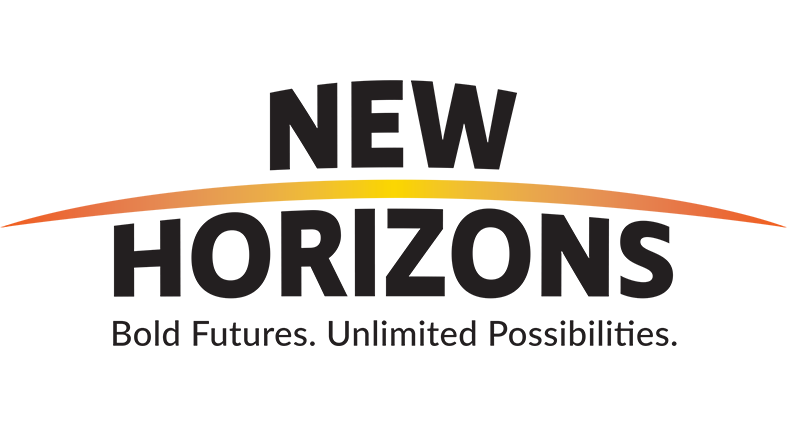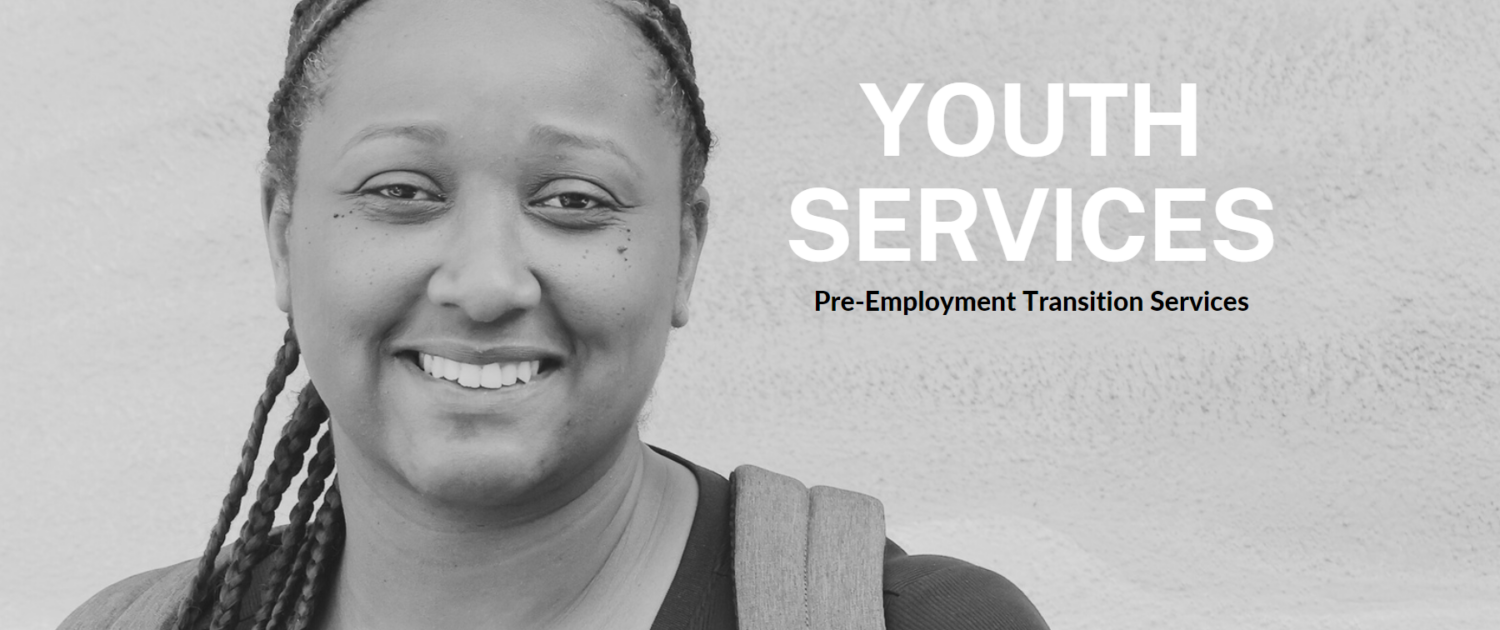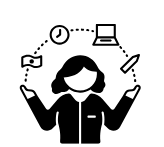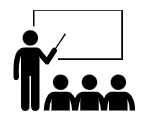DID YOU KNOW?
- Students who take advantage of Pre-Employment Transition Services (Pre-ETS) are more likely to attain employment and make higher wages.
- Students with intellectual or developmental disabilities (I/DD) who enroll in postsecondary education opportunities earn, on average, $200K more over the course of their career.
WHAT ARE PRE-ETS?
Pre-Employment Transition Services (Pre-ETS) are designed to help students with a disability to learn more about possible career and postsecondary learning options. They are authorized by the California Department of Rehabilitation, and available to qualifying students at no cost to the family. New Horizons is an approved community service provider, and we will work with you and the Department of Rehabilitation to put together a custom set of services to support your career and learning goals. Please feel free to reach out with any questions.
WHO IS ELIGIBLE?
The Workforce Innovation Opportunity Act (WIOA) “seeks to ensure that students and youth with disabilities have meaningful opportunities to receive the services needed to achieve quality competitive integrated employment outcomes.” Eligibility for students:
- Between 16 and 21 years of age.
- Enrolled in a recognized education program.
- One or more of the following:
- Eligible for & receiving special education or related services
- Eligible for & receiving accommodations with a 504 plan or IEP.
- Physical or mental impairment that substantially limits one or more major life activity.*
Note: Currently we are working with the Van Nuys/ Foothill District of the California Department of Rehabilitation. We aim to add additional districts in the future.
WHAT SERVICES ARE AVAILABLE
- Reviewing information about college, vocational, or trade school admissions processes, courses, and resources available to support student success.
- Advising students and parents on academic curricula and the type of academic and occupational training needed to succeed in the workplace.
- Support in completing the Free Application for Federal Student Aid (FAFSA).
- Visit college campuses.
- Opportunities to acquire and apply work-appropriate communication and interpersonal skills.
- Development of independent living skills such as financial literacy, mobility, and job-seeking skills.
- Learning about employer expectations for punctuality, performance, and other “soft” skills necessary for employment.







